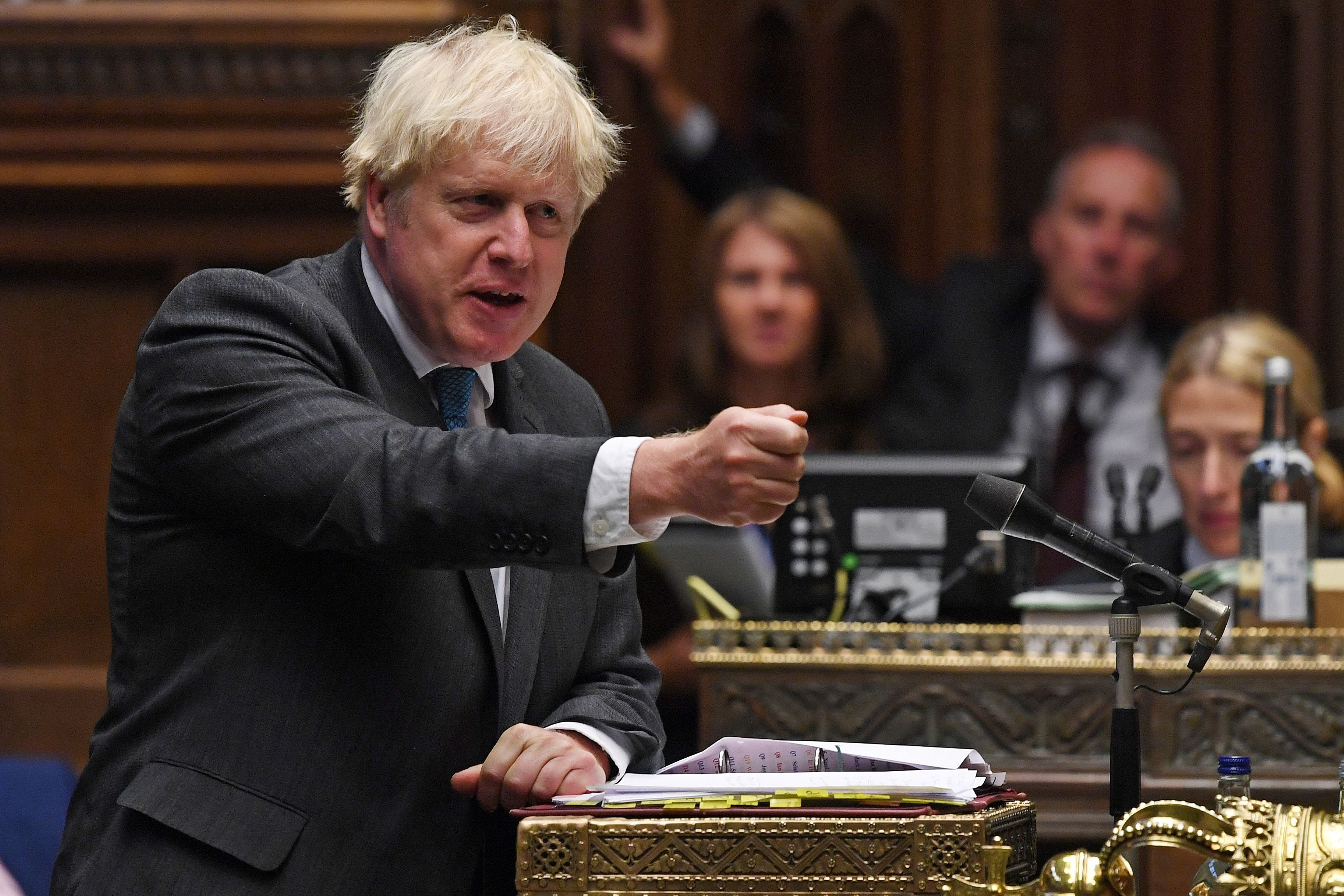The government’s plan to break international law in a “specific and limited way” around the Brexit agreement has caused an outcry in the UK, but what about across the Channel?
As it happens, Brussels isn’t really sure what to make of the whole thing. Michel Barnier is said to have laid out two scenarios to diplomats this week: either there are domestic reasons behind Boris Johnson’s plan, or he’s doing it as part of a feint in trade negotiations.
If domestic, Mr Barnier’s argument goes, the UK government is worried about coming under fire for its handling of Covid-19 and wants to put a bonfire under Brexit again. With one eye on the polls, Downing Street realises it’s about to be blamed for a second wave and wants to get people talking about something else.
The other option apparently expounded by the EU’s chief negotiator is that the UK wants leverage in trade talks. You may remember that the EU insisted on sequencing talks in a specific way: first deal with these issues, then we’ll talk trade.
That was specifically designed to benefit the EU, so that certain issues couldn’t be used as leverage in trade negotiations and would be parked once both sides got around to discussing the economic relationship.
The UK move could be an attempt to disrupt some of that sequencing and bring back issues from the first round. How successful this might be is another matter.
It’s worth saying that some EU sources dispute this account of Mr Barnier’s comments and put it down to “idle chatter” among diplomats. But it does make sense and mirrors previous EU ways of thinking about British actions.
Generally, though, people in Brussels are tired of the UK and think the British government's actions are bizarre. “It’s tearing up any credibility internationally,” one official says, warning that the UK would come to be seen as an “untrustworthy partner” by countries well beyond the EU’s borders.
Individual EU member states generally have their own things to worry about at the moment and aren’t thinking too much about the UK. One exception is Ireland, which would be directly affected by the UK's plan.
Simon Coveney, the country’s foreign minister, has been particularly critical. “You’ve got to call out Britain on what they're doing right now,” he said this week on Irish radio station Newstalk.
“The negotiations were going in a way that was building pressure on the British government to compromise on some things they had agreed to do – like agree with the EU a level playing field, so we’d have fair competition between the UK and EU markets.
“Last weekend, the hawks within No 10 managed to convince the prime minister to take a much more aggressive approach to these negotiations... where effectively the UK government is saying to the EU and Ireland ‘give us what we want in these negotiations... some of which is not consistent with international law’.
“In many ways, it’s an extraordinary approach to take in a negotiation with a partner you’re looking to build a future relationship with.”
Whatever the motivation in London, in both Brussels and Dublin the people at the top are sure a deal could be done if the UK wanted to do one. But they’re also clear that time is running out.



Join our commenting forum
Join thought-provoking conversations, follow other Independent readers and see their replies
Comments